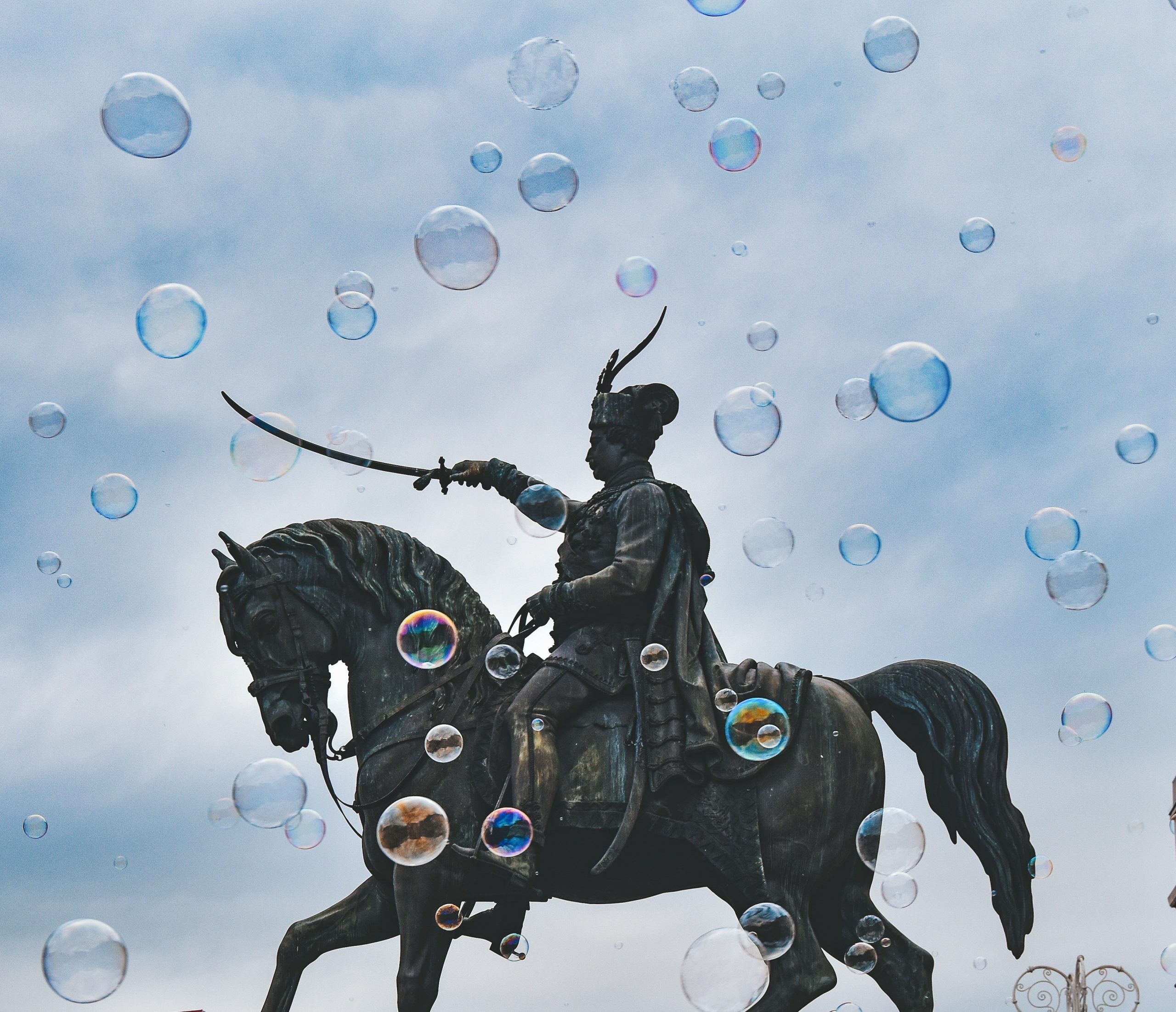Like a child, I tried to choose both—but that’s not how it works.
Another typical Aucklander’s day. Blue skies, cars and buses cruising along the smooth concrete roads, as well as the sweet sound of birdsong drifting in and out of the gently swaying trees overhead: a perfect morning. Hastily grabbing an apple from the kitchen, I tie my laces and begin the arduous task of running to Pakuranga Plaza.
Ten o’clock shift – don’t be late. My watch beeps twice, telling me that it’s already half-past nine. I’m not usually this slow, but I did promise to play one mission of Railjack before I left. Now as I make my way past Lloyd Elsmore, I’m regretting that promise more and more. Past the Cascades Motel—past the now vacant Domino’s Pizza parking lot—when suddenly I hear a noise split the peaceful Auckland atmosphere.
A car horn. It blares once—twice—and I realise that it’s directed at me, since the sound seems to be getting closer. I turn to find myself staring at a little girl peering out the window, maybe about five or six years old. She stares back at me, and we share a moment of mutual confusion before she bursts into laughter. It’s cute moments like this which make me love Auckland.
And that’s when I notice the crudely scrawled ‘F*** you’ sign behind her.
The driver (and probably the father of the girl) is also staring at me intently. He drops the sign and holds up the middle finger for me to see, disgust smeared across his face.
It’s moments like these that make me not love Auckland so much. :^)
Racism has more or less been collectively disregarded in our neighbourhoods and districts; in such warm and welcoming communities, it would be hard for you to find any examples of outright discrimination. And while at the best of times the substance known as society appears to be stable, sometimes all it takes is a single scratch to break the protective layer of ignorance for drastic changes to occur.
Enter ‘Fear’: a perfect candidate to stir things up.
The best way to explain this is by viewing these events as a simple chemical reaction: A test tube filled with water, and an aluminium strip at the bottom. The water represents what we don’t know, and the aluminium represents us humans; simple enough. Under normal circumstances, there is no reaction that occurs, because aluminium is a wonderful element with many uses, one of which is the ability to resist rusting. But let’s say something were to happen to that aluminium: a scratch perhaps, or a small cut. When the aluminium meets water for the second time, a reaction will occur.
Boom.
Nope, I’m not pulling your leg. The reaction is seriously that big.

(fig. 1.1)
When the integrity of our protective layer of aluminium oxide (what we do know) is broken, pure aluminium is exposed to water with highly volatile results. Much in the same way, our society has been invaded with a foreign host of unknowns: COVID-19—Where did it come from? What is it?—controversy and conspiracies start popping up all over the place, to a point where nobody is truly sure precisely where it originated from. Bursting into flames, we start to tear each other apart, desperately pointing fingers at those around us for self-justification (which has the same effect as trying to put out a fire with a bucket of gasoline).
It intrigues me, really—this destructive cycle born of ego and self-righteousness. You’d think the most intelligent species in the world would be a bit more civilised than the brutes that xenophobia reduces us to, but we are evidently betrayed by our actions.
So how do we stop this then?
Learn and adapt. That is how our species has made it so far, by fearlessly diving into the unknown time and time again—it is a requirement for progress. If we keep ourselves hidden safely in some dark corner, afraid of anything that approaches, we will never amount to anything. We need to look past the uncertainties about our peers and see them for what we all are: Human. One person may not be able to change much, and one person is not expected to be able to change much.
But together—and only together—we might just stand a chance.
Written by Andrew Zeng; edited by Ellen Wang. Published on 30/08/2020. Header image courtesy Buco Balkanessi on Unsplash.


